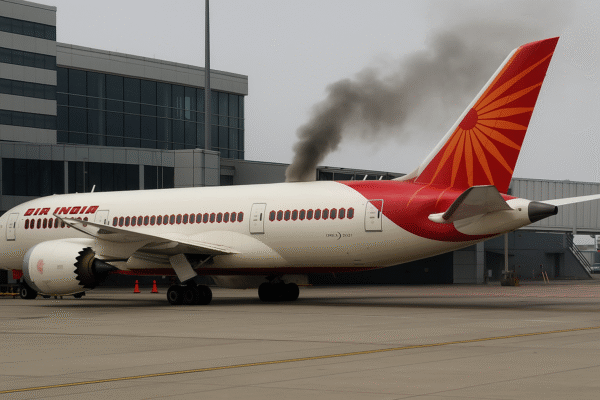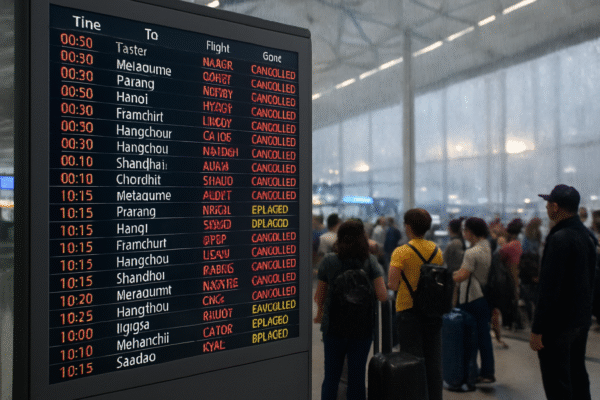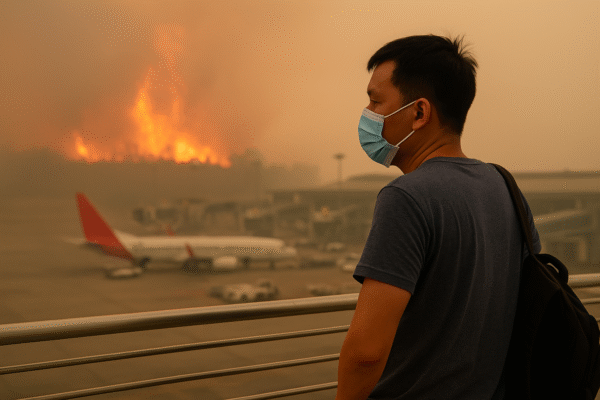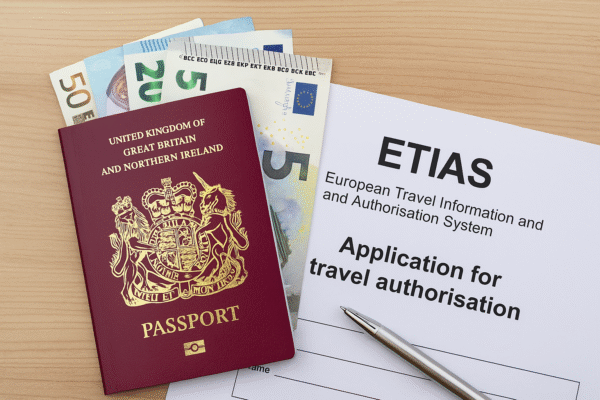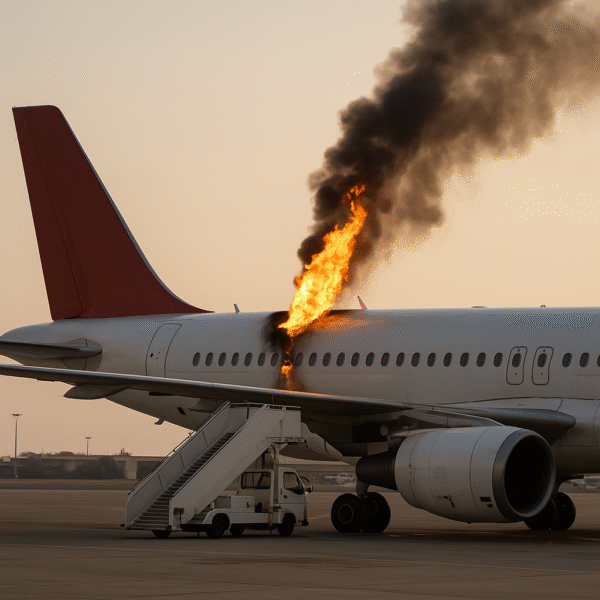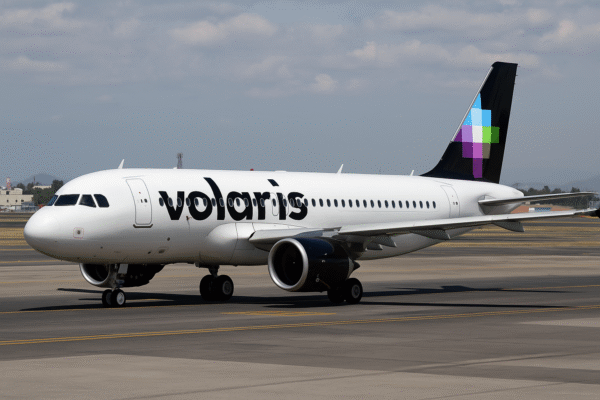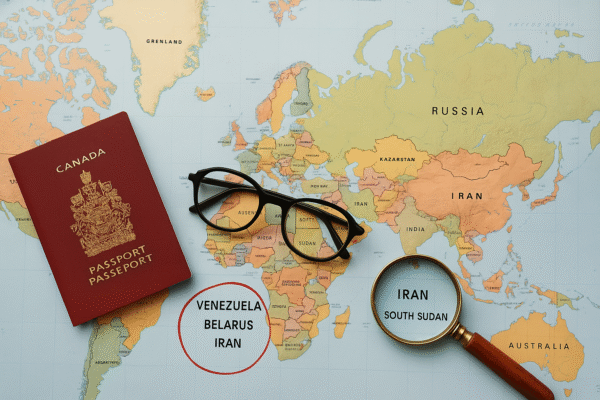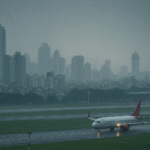Canada Adds Venezuela to Global No Travel Advisory Amid Surging Risk Levels in Multiple Nations
In its most recent global travel update, the Government of Canada has officially placed Venezuela in its No Travel Zone, joining a growing list of high-risk destinations that already includes Russia, Belarus, Haiti, Iran, and South Sudan. The advisory, issued by Global Affairs Canada, urges all Canadian citizens to avoid travel to these nations due to escalating political instability, widespread violence, and the limited capacity for diplomatic or consular assistance.
According to official guidance updated on the Government of Canada’s travel website, the situation in these countries has deteriorated to such an extent that even short visits can present serious threats to personal safety and well-being. Below is a breakdown of the key risks by country and the rationale behind Canada’s latest advisory.
Venezuela: Crime Surge, Political Unrest Ahead of Elections
Venezuela’s inclusion in the No Travel Zone reflects the country’s sharp decline in safety due to severe economic collapse, rampant violent crime, and anticipated unrest surrounding the upcoming municipal elections scheduled for July 27, 2025.
- Violent Crime: Armed robberies, kidnappings, and homicides are common, especially in Caracas and other major cities. Gangs and organized crime syndicates operate with relative impunity.
- Government Crackdowns: Foreigners may be at risk of arbitrary detention, particularly if accused of engaging in political activity.
- Unstable Borders: Travel near the borders with Colombia and Guyana is particularly dangerous due to drug trafficking and territorial disputes.
Canadians are strongly advised to avoid all areas where protests, political gatherings, or civil unrest may occur. The risk of being caught in state crackdowns or spontaneous violence remains high.
Russia: Warzone Restrictions and Government Control
With its ongoing invasion of Ukraine, Russia remains one of the most dangerous travel destinations for Canadians in 2025.
- Military Conflict: Border areas such as Bryansk, Kursk, and Belgorod are active conflict zones. Drone strikes and shelling have been reported as far as Moscow.
- Civil Rights Violations: Foreigners—especially dual citizens—risk conscription, detention, or state surveillance. Expressing dissent against the war or Russian policy can result in arrest.
- Travel Disruptions: Limited access to international flights and financial restrictions may leave Canadians stranded.
Canada’s advisory recommends avoiding all regions of Russia, citing a high risk of becoming entangled in military operations or being used for political leverage.
Belarus: Political Repression and Cross-Border Military Tensions
A staunch ally of Russia, Belarus has facilitated military operations in Ukraine and maintains an authoritarian grip on civil liberties.
- Arbitrary Detention: Foreign travelers risk arrest under vague or politically motivated charges. Opposition activists and journalists face routine persecution.
- Military Presence: Increased troop activity near the Ukrainian border raises the risk of cross-border conflict.
Global Affairs Canada warns Canadians not to travel to Belarus under any circumstance due to the serious legal and safety risks involved.
Haiti: Gang Rule and Humanitarian Collapse
Haiti remains in a state of emergency as criminal gangs take control of urban centers, plunging the country deeper into chaos.
- Security Breakdown: Armed gangs dominate parts of Port-au-Prince, conducting kidnappings, extortion, and violent robberies.
- Civil Unrest: Protests against government dysfunction frequently erupt into violence.
- Lack of Services: Access to clean water, healthcare, and food is severely limited.
Canada’s advisory stresses that Canadians in Haiti should consider leaving if it is safe to do so, as the government has limited ability to provide help.
Iran: Regional Volatility and Risk of Detention
Iran’s complex geopolitical position and domestic unrest make it one of the most precarious destinations for foreign travelers.
- Arbitrary Arrests: Canadians—especially those with dual citizenship—face a high risk of politically motivated detention.
- Limited Consular Access: Canada’s diplomatic presence in Iran is minimal, making it difficult to provide assistance to detained nationals.
- Terrorism and Regional Conflict: Ongoing tensions with neighboring countries raise the risk of attacks or military action.
Canadian authorities urge travelers to leave Iran and avoid future trips unless absolutely necessary.
South Sudan: Persistent Civil War and Lawlessness
South Sudan’s fragile political situation, marked by years of civil conflict, makes it one of the most dangerous countries for travel in Africa.
- Ongoing Violence: Ethnic conflicts, armed militia activity, and government instability have resulted in hundreds of thousands of displaced persons.
- Crime and Kidnapping: Canadians are at risk of robbery, assault, and abduction, particularly in urban areas like Juba.
- Humanitarian Crisis: Many areas lack basic services including food, water, and medical care.
The Canadian government states its ability to assist citizens in South Sudan is “extremely limited.”
Advisory for Canadian Travelers: Proceed with Extreme Caution
Global Affairs Canada emphasizes that the No Travel Zone is not a symbolic gesture—it is a direct warning based on verified intelligence and international monitoring. Citizens are encouraged to check the official travel.gc.ca portal regularly for real-time updates and to register with the Registration of Canadians Abroad service if they must travel.
For those already in high-risk regions, contingency planning is essential. Travelers should maintain updated travel documents, establish contact with local Canadian embassies (where possible), and prepare to evacuate if security conditions worsen.
For more travel news like this, keep reading Global Travel Wire




